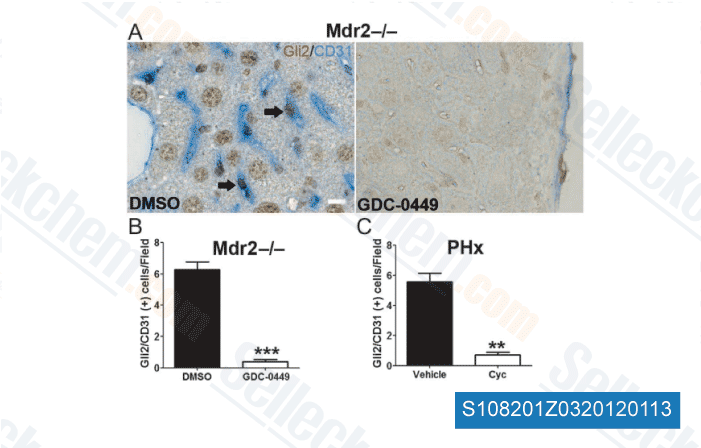In agreement with this particular hypothesis, on knockdown or pharmacologic inhibition of SR BI in MDA MB 231 cells, Akt activation was significantly reduced, suggesting that SR BI might be mediating this response. Also, downregulation of SR BI was accompanied by a reduction of total cholesterol amounts in MDA MB 231 cells. These outcomes are steady with reviews that indicate that the cholesterol flux mediated by SR BI plays a part within the regulation of signal transduction initiation. In our model, decreased complete cholesterol amounts may well signify a reduction in SR BI mediated cholesterol flux and hence substantially minimize signal transduction activation. SR BI also binds LDL, which might, like HDL, promote the cellular entry of cholesteryl ester. Despite the fact that LDL, could advertise the entry of cholesteryl ester by means of SR BI, it can be not enough to induce migration of breast cancer cells, and it does not seem to alter Akt activation.
Taken together, our information propose that each cholesteryl LDE225 ic50 ester entry via HDL SR BI and Akt activation are demanded for cellular proliferation and migration, and, finally, tumor development. Activation of the PI3K/Akt pathway promotes development, survival, and proliferation and has become implicated within a number of human cancers. Importantly, Akt is aberrantly hyperactivated in somewhere around 40% of breast cancers. We observed a reduction in proliferation and migration within the SR BI knockdown cells in contrast with management cells in association with decreased Akt activa tion. These effects recommend that SR BI may possibly mediate the activation of Akt and its downstream effects during the presence of HDL. Mechanistically, we showed the inhibition with the PI3K/Akt pathway results in appreciably decreased proliferation of shCTL MDA MB 231 cells, simi lar to your reduction in proliferation observed in shSRBI MDA MB 231 cells.
Importantly, no additional reduction in proliferation of shSRBI MDA MB 231 cells was detected upon inhibition in the PI3K/Akt pathway. Taken with each other, these information propose that decreased Akt activation observed inside the shSRBI MDA MB 231 cells could possibly be liable for lowered proliferation selleck chemical of these cells compared with shCTL MDA MB 231 cells.  Former studies recommended a part for SR BI within the etiology of breast cancer. Cao et al. showed that expression of SR BI is greater in human breast tumors compared with the normal surrounding tissue. They also demonstrated that recombinant expression of the mutant kind of SR BI, which lacked the carboxyl terminal tail of your protein, could inhibit proliferation of breast cancer cells. Their research even more advised that this result was possibly due to diminished Akt activation.
Former studies recommended a part for SR BI within the etiology of breast cancer. Cao et al. showed that expression of SR BI is greater in human breast tumors compared with the normal surrounding tissue. They also demonstrated that recombinant expression of the mutant kind of SR BI, which lacked the carboxyl terminal tail of your protein, could inhibit proliferation of breast cancer cells. Their research even more advised that this result was possibly due to diminished Akt activation.
Met Receptor Signal
Cancer stem cells are thought to hijack the ability of normal stem cells to express MET.
